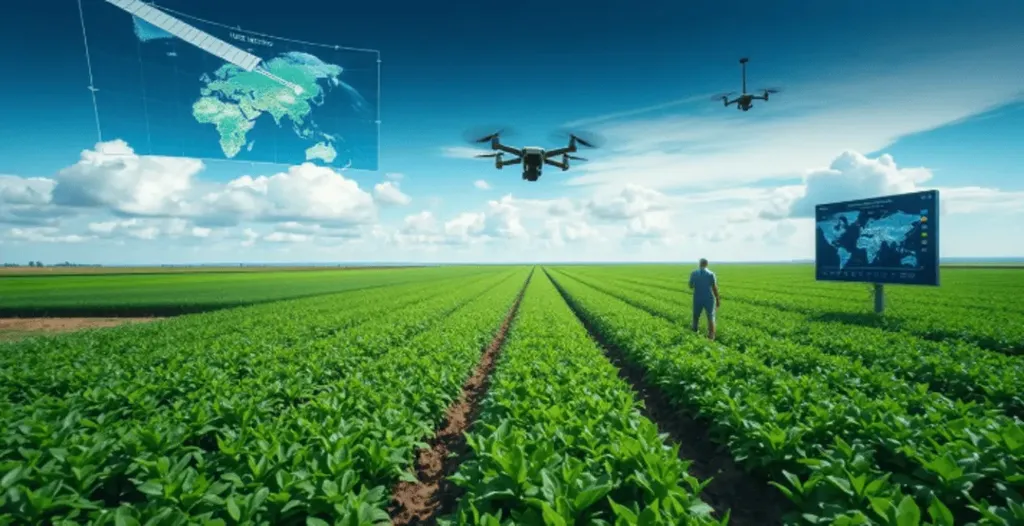In the heart of India, researchers are pioneering a green revolution that could redefine sustainable agriculture. Yukti Chandervanshi, a scientist from the Department of Life Sciences at J.C. Bose University of Science and Technology in Faridabad, is at the forefront of this innovation. Her recent review, published in the journal ‘Plant Nano Biology’ (which translates to ‘Plant Nano Science’), explores the promising field of next-generation nanobioformulations (NBFs), a fusion of nanotechnology and biological formulations that could transform how we approach farming.
Agriculture today faces immense pressure from human activities, making the search for eco-friendly alternatives more critical than ever. While nanotechnology has offered innovative solutions, the long-term environmental impact of chemically synthesized nanoparticles remains a concern. Chandervanshi’s work highlights a novel approach: coupling biologically synthesized nanoparticles with plant growth-promoting microorganisms (PGPMs) and enhancing them with carriers to create next-generation NBFs.
“This integration not only boosts agricultural efficiency but also ensures environmental safety,” Chandervanshi explains. “By leveraging the strengths of both nanotechnology and bioformulations, we can design smarter, more targeted agricultural applications.”
The review compiles insights on technological advancements in plant stimulation, stress mitigation, and pathogen suppression using NBFs. It also emphasizes the role of Artificial Intelligence (AI) in predictive analysis and real-time monitoring, which can significantly enhance agronomic precision. AI-powered sensors, drones, big data analytics, and machine learning algorithms can help customize NBFs to meet specific agricultural needs, mitigating existing constraints in farming systems.
“The potential of AI in this field is immense,” Chandervanshi adds. “It allows us to gather real-time data and make informed decisions, leading to more intelligent and eco-conscious farming practices.”
The commercial implications of this research are substantial. Next-generation NBFs can enhance efficiency, ensure environmental safety, and enable targeted agricultural applications. This could lead to the development of commercially available nanobioproducts that are not only effective but also sustainable, addressing the growing demand for green solutions in agriculture.
As the world grapples with the challenges of climate change and food security, innovations like NBFs offer a glimmer of hope. Chandervanshi’s work underscores the importance of interdisciplinary research in driving agricultural advancements. By combining the power of nanotechnology, biology, and AI, we can pave the way for a more sustainable and productive future in farming.
“This is just the beginning,” Chandervanshi notes. “The possibilities are endless, and the potential impact on global agriculture is profound.” As researchers continue to explore and refine these technologies, the future of farming looks increasingly smart and sustainable.

